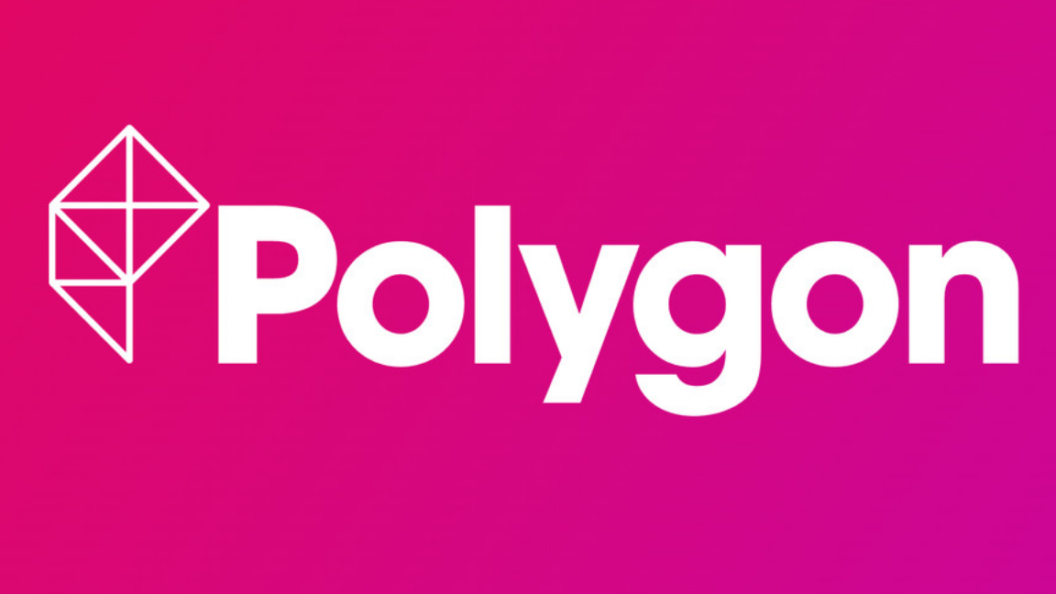Polygon: A Gaming Journalism Legacy Comes to an End
Introduction
Polygon, a notable name in gaming journalism since its 2012 inception, has recently been acquired by Valnet, marking a significant transition in its operational model. Established by Vox Media, Polygon has been recognized for its quality reporting and engaging content covering the gaming and entertainment industries. However, the acquisition raises concerns regarding its future direction under new ownership.
A Brief History
Founded in 2012, Polygon emerged from Vox Media’s ambition to create a premier gaming platform, recruiting established journalists from popular gaming outlets like Kotaku and Joystiq. Initially operating as the gaming section of Vox.com, it launched its dedicated site with high expectations and a particular focus on innovative storytelling and video content. Over the years, Polygon has built a reputation for delivering insightful news and analysis, contributing significantly to discussions around video games and their cultural impacts.
Community Reactions
The announcement of the acquisition has prompted strong reactions within the gaming community. Brian Crecente, co-founder of Polygon, expressed his dismay on the platform Bluesky, stating, "Just completely sickened by this news," and highlighting the profound impact on those affected by the transition and the larger implications for serious gaming journalism. His sentiments reflect a broader anxiety regarding the evolving landscape of gaming media under pressure from quick-turnaround content demands.
The New Owner: Valnet
Valnet, known for managing numerous online content brands and boasting over 260 million page views, has earned a controversial reputation. Founded by Hassan Youssef—co-founder of Pornhub—the company has been criticized for its “exploitative work conditions” and a focus on rapid content production. Reports from contributors to Valnet-owned properties describe a “content mill, borderline like almost sweatshop-level,” indicating a high-pressure environment that may not align with the journalistic integrity Polygon has historically upheld.
Statements from Vox Media
In light of the acquisition, Vox Media CEO Jim Bankoff acknowledged Polygon’s significant role in the gaming journalism landscape. He stated, “We’re proud to have built Polygon into the gaming authority for both experts and casual fans alike, a publication that has informed and delighted tens of millions of gaming enthusiasts since its founding.” This recognition underscores Polygon’s influential presence and the challenges it may face in maintaining its standards under the new corporate structure.
The Bigger Picture
The shift in ownership raises important questions about the future of gaming journalism as a whole. With Valnet’s emphasis on quick, engaging content, Polygon may find itself navigating a delicate balance between maintaining its editorial voice and meeting the business pressures of its new leadership.
Potential Implications
As the media landscape evolves with increasing competition for viewer attention, established brands like Polygon must adapt while staying true to their founding principles. This acquisition may be indicative of broader trends in media where quality journalism struggles to coexist with business models focused on rapid output and clickbait.
Conclusion
The acquisition of Polygon by Valnet signifies the end of an era for a publication that has played a vital role in shaping video game discourse. Moving forward, it will be critical to observe how the site adapts to its new ownership and what this means for its content, staff, and, ultimately, its loyal audience. The gaming community watches closely, weighing the potential risks and rewards of this significant shift in one of its trusted sources of information.









